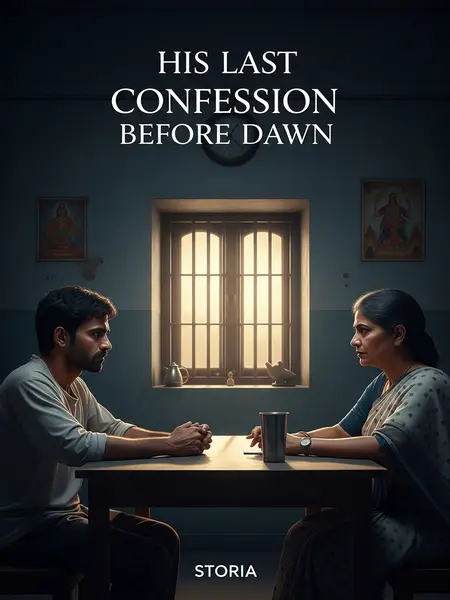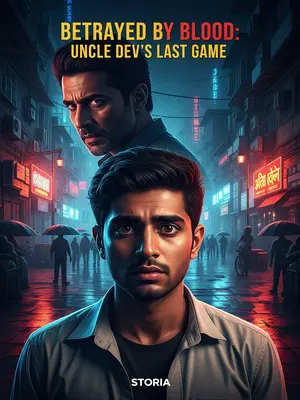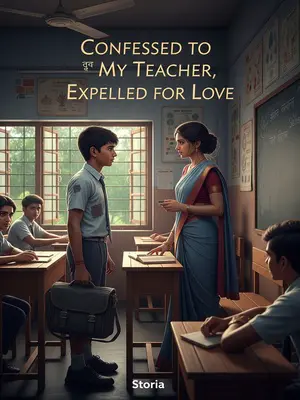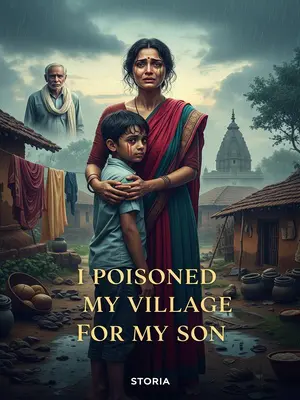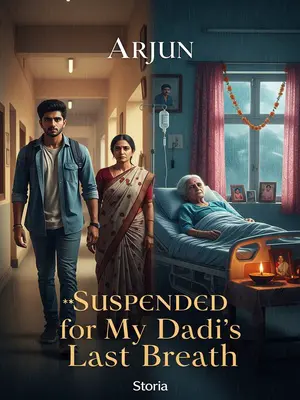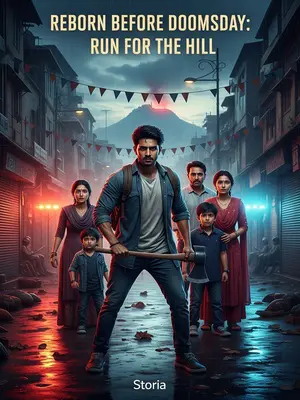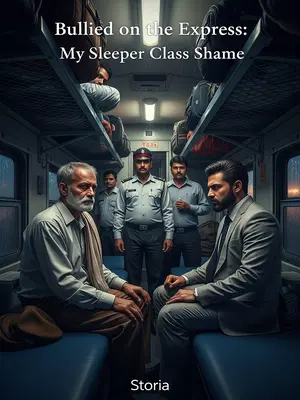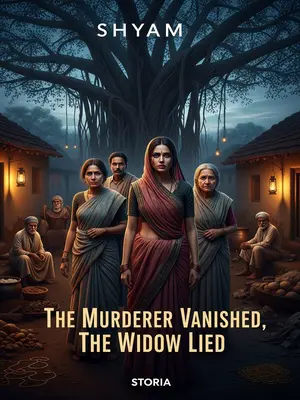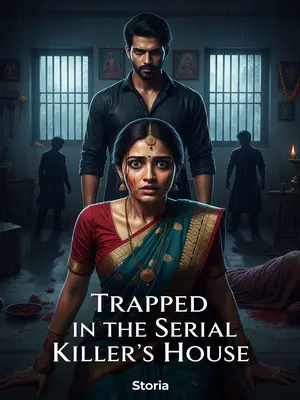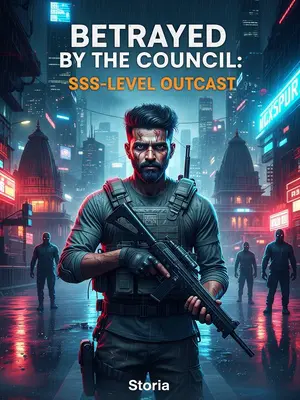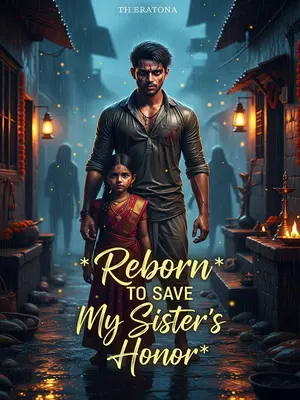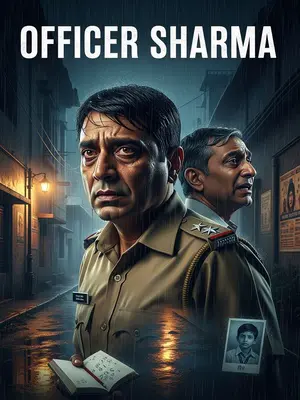Chapter 6: The Cost of Hope
Arvind’s narration:
I watched the execution ground every day. My mother knew—that was her intention.
It wasn’t that my mother found a job at the factory and so we moved there. The cause and effect were reversed. She chose to work there because she knew about the execution ground.
That quarters was already our third home.
As a small child, I was clever and obedient, everyone’s favourite.
But after second standard, something changed. I started bullying classmates—first locking them in storage rooms, then, by fifth standard, beating a boy so badly he was hospitalised.
Teachers on their old cycles knew my name before seeing my face. My parents apologised endlessly, paid off families. Teachers and parents took turns ‘fixing’ me, but nothing changed.
My mother cried herself to sleep, whispering, "You used to be so good. Why did you become like this? Kya humne kuch galat kiya?"
Every time my father was summoned, he’d come home, belt in hand, and thrash me till I collapsed. The last time, he met my gaze and stopped—he looked scared. He muttered that one day, I’d kill him. Soon after, he left us for good.
Neighbours at the water tap would whisper, "Yadav-ji ki biwi… kitni pareshaan hai. That boy, God knows what’s wrong with him."
In fifth standard, I was expelled. No school would take me. My mother, desperate, remembered Chanakya’s mother and moved us near a university, hoping I’d be influenced for good.
At the new school, teachers liked me for my grades and manners. My mother thought I’d changed. But I was just pretending.
It didn’t last. In seventh standard, I nearly got involved with traffickers to abduct the college girl next door. Her boyfriend stormed my school. I’d hidden a knife, almost made things worse.
My mother knelt in the principal’s office, sari pallu slipping, hands folded in namaste, her voice breaking as she pleaded, "Please, sir, forgive my son just this once…"
Dr. Mehra, I saw a single tear cut through the dust on her cheek. The principal was unmoved—said I was too wicked, too risky, and told my mother to handle it herself.
I was expelled again.
My mother fell ill. When she recovered, she was sharper, more determined. She took me and moved again—this time to the factory quarters, right next to the execution ground. Most families avoided those rooms, boarding up the windows.
My mother pasted newspapers on the window, but always left it slightly open. She built a flower rack, planted orchids in a red clay pot, and would tend to them each morning, never looking out, but always making sure I could.
She hoped reverse education—letting me see bad people shot—would shock me into goodness.
At first, I was truly shaken. I tried to be good. But inside, the pain grew. I started hurting myself. My arms and legs became a map of scars. The harsh tube-light flickered above as I showed you. The fan’s hum filled the cell, making the vulnerability almost unbearable.
"Looks like you really were in pain," you said. "Your mother, in order to reform her antisocial son, moved near the execution ground. Even Chanakya’s mother would be impressed."
Arvind replied, "But that only made me more repressed. Forcibly correcting someone—doesn’t it just twist them more?"
"You’re right," I hesitated, "but don’t use this as a mental illness defence. You don’t have those problems, and you’ve already received the fairest judgement. If you hope to overturn the verdict with this, it’s impossible."
"I’m just stating facts."
I shook my head. Truthfully, I can’t verify your story. I only know your crimes are clear. In your final moments, think about what you’ve done.
Rakesh Sharma’s family was once happy. Because of a few words with Rakesh, you bore a grudge and killed him, shadowing their lives. In prison, you made no effort to reform, and again, over a few words, you beat your cellmate Pradeep to death. There’s no excuse. You can’t lightly bear the weight of two lives.
Arvind said, "Just a few words, and I killed two people. My emotional management must be really bad, na? Dr. Mehra, isn’t that so?"
I was speechless.
As a counsellor, I know the mental states of most inmates. Some need constant help—big mood swings, poor self-control. But Arvind was never on my radar. His behaviour was always steady, emotions stable. I barely knew him.
Pradeep, the cellmate, was in for molesting and killing a child. Hated by all, bullied everywhere. Arvind was quiet, so they were paired. They’d gotten along for a while.
Thinking about it, Arvind didn’t seem the type to kill over a few words. But the facts were set.
"Those motives were your own confession."
"Were they?" Arvind replied, calm. "The story isn’t over yet."
Execution was imminent. Did he still want to overturn his confession?
I glanced at the wall clock, unconsciously fidgeting with my pen. "Ek ghanta, aadha ghanta baaki hai. Continue."
The clock ticked on, merciless as ever.
